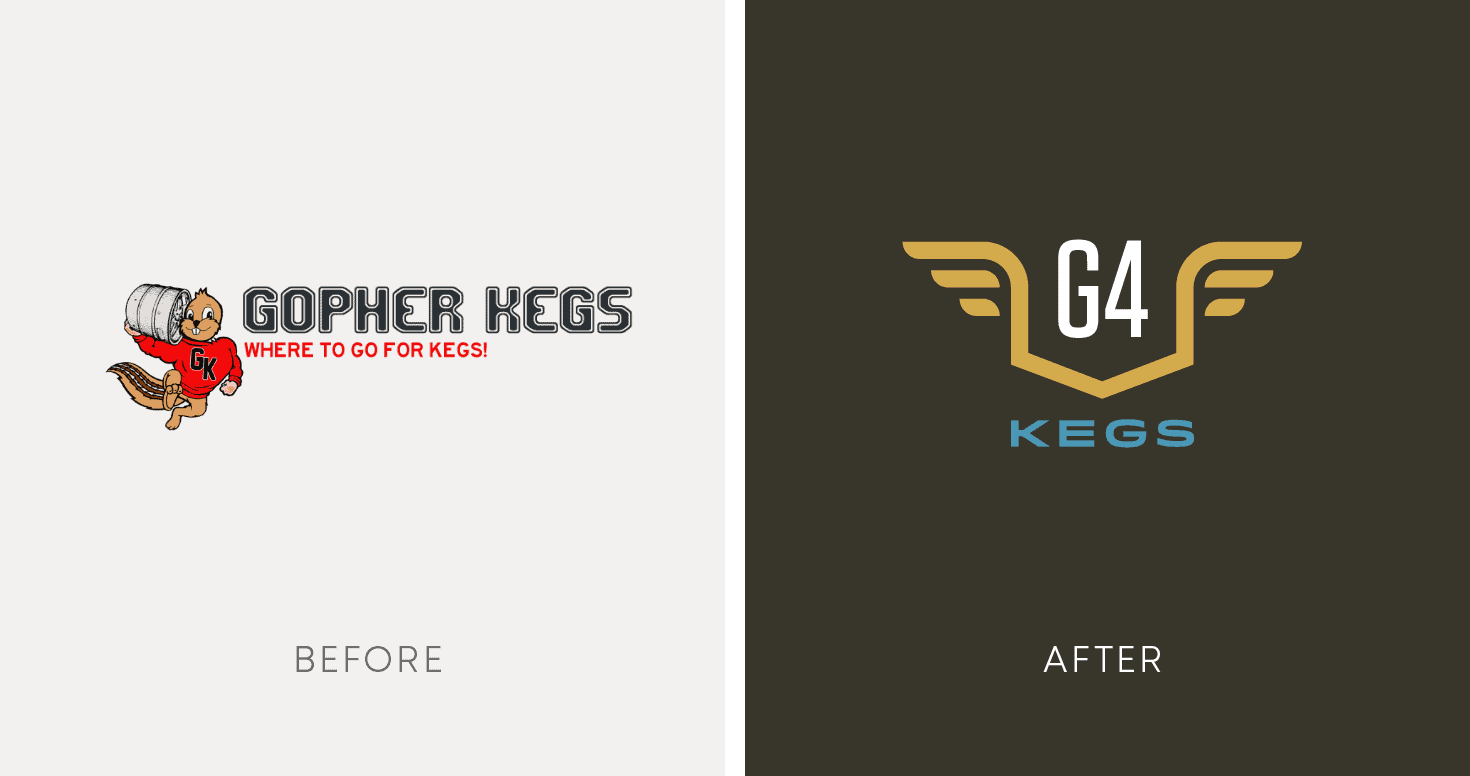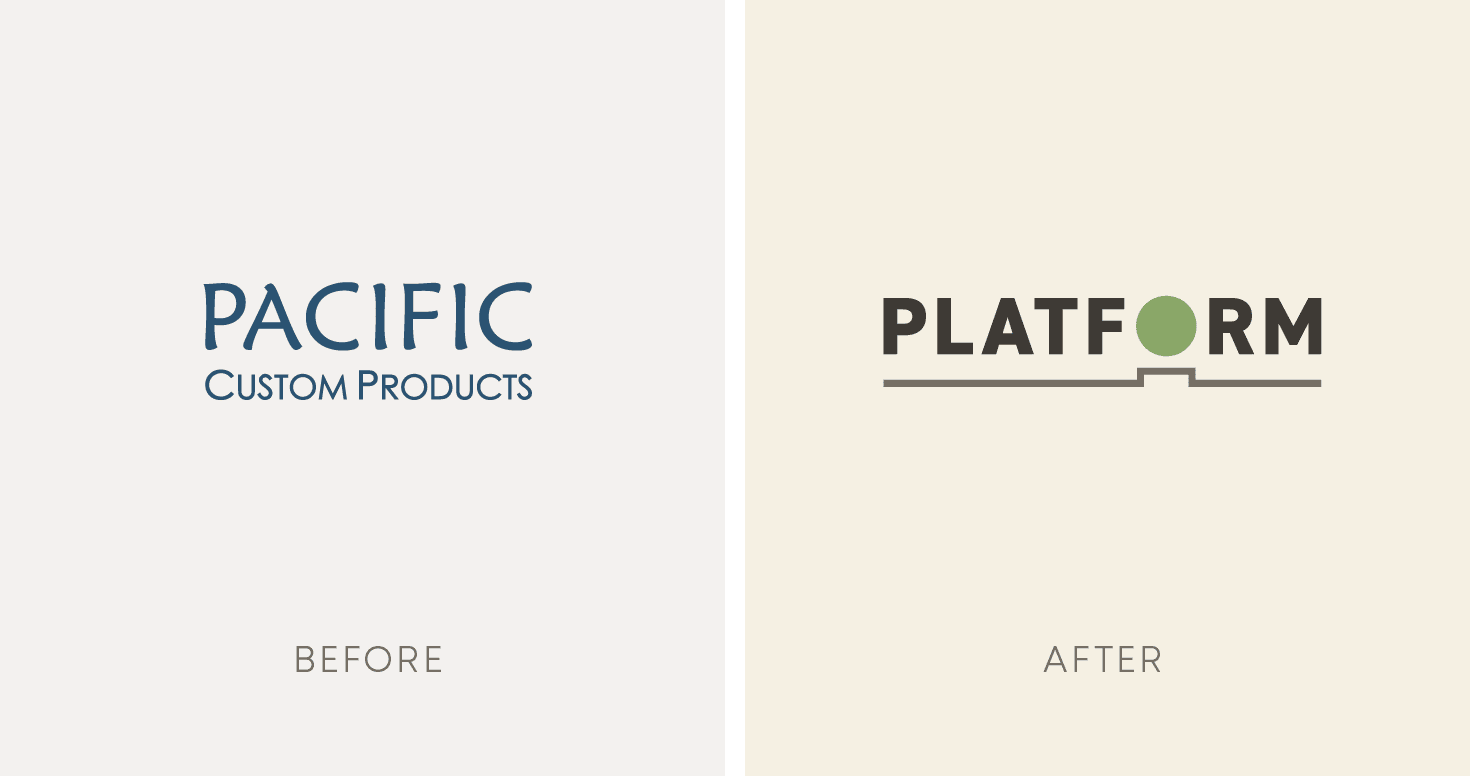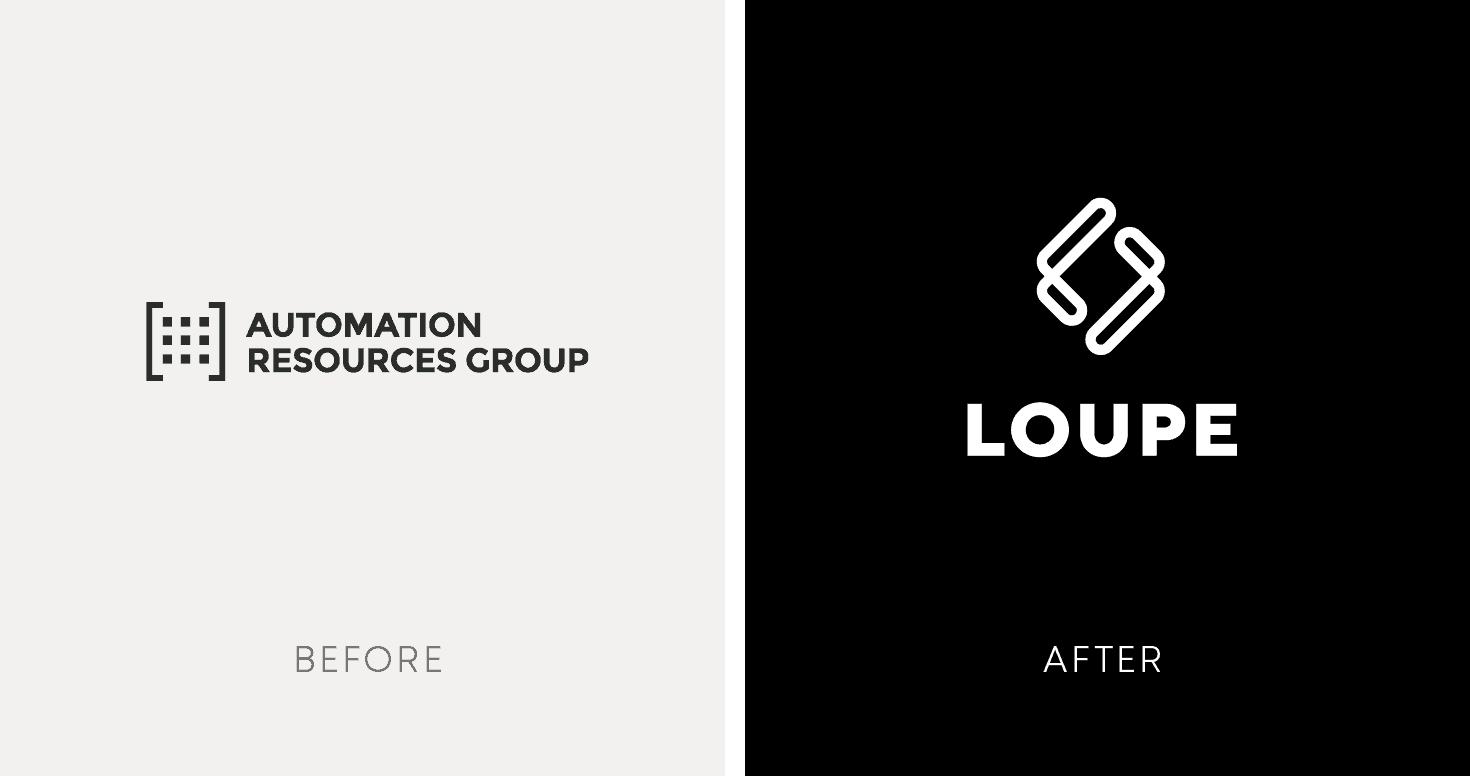How to Choose a Company Name
Since 2000, Kinesis has renamed dozens of companies with a 100% success rate. What do we mean by that? Well, first, we mean that every client who has gone down the path of a rebrand has been delighted by the results. No regrets, buyer's remorse, or do-overs. That's the baseline. Beyond that, however, we've also had folks report higher revenues, greater employee engagement, and fewer obstacles in the sales process.
How have we managed to have such luck when this process is so fraught with peril and misstep? Here are a few important guidelines to keep in mind:
The first rule of renaming is... not everyone should rename.
It’s important to remember that a rename is not always the answer — and in fact, in some cases, we explore the possibility and determine that it wouldn’t be in a client’s best long-term interests. How much brand equity exists with the current name? Do the costs or risks of switching outweigh the potential benefits? All of these questions are part of the process before we even consider renaming as an initiative.
The name should be unique.
Your business name should convey what makes your company remarkable. It isn’t enough to say you’re the best, or fastest, or the cheapest, or the most reliable. Chances are, someone in your market is already making one (or more likely, all) of those claims. What makes your business different?
The name should tell a story.
Telling the story of your company name should be one more opportunity to set your business apart. It’s no secret that storytelling is a powerful branding tool — and your business name is no exception. An ideal name will tap into the power of storytelling through metaphor or other associations, and will inspire further curiosity and intrigue in the right ways.
The name should be driven by your purpose.
And the only way to accomplish that is to do the work. You can’t open a dictionary to a random page and choose your new name — it should be a natural reflection of who you are and what you stand for.
This comes from understanding your company inside and out, as well as its position in the competitive landscape. (At Kinesis, we’ve designed our whole process to start with this type of deep exploration.) That way, when you do land on the perfect name, there’s a collective feeling of, “Of course, that’s us.”
Interested in learning what a rename could do for your business? Let’s chat.











